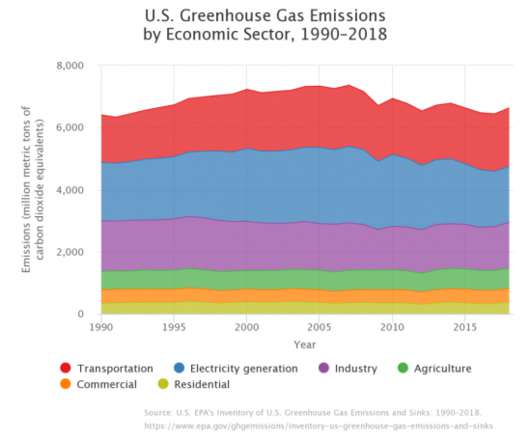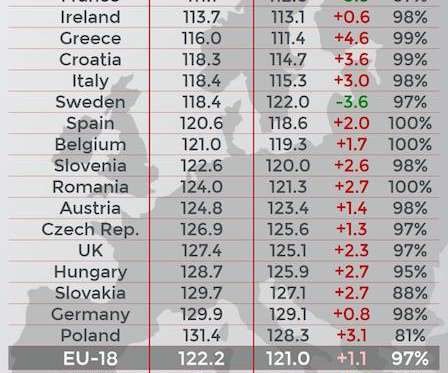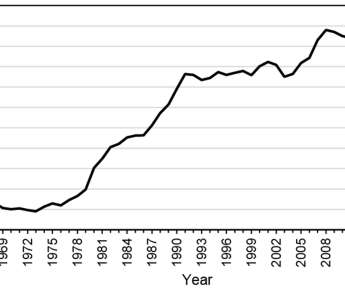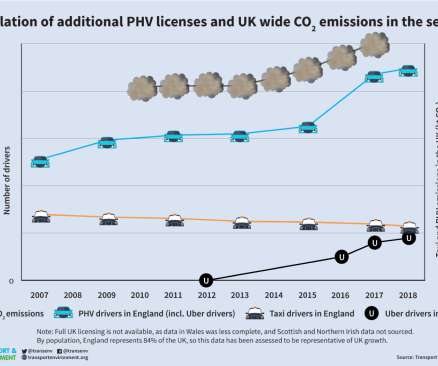Actual fuel economy of cars and light trucks: 1966-2017
Green Car Congress
SEPTEMBER 30, 2019
Specifically, this study examines actual fuel economy of cars and light trucks (pickup trucks, SUVs, and vans) from 1966 through 2017. Department of Transportation were the sources of the information for 1986 through 2017. The graph below shows the changes in actual vehicle fuel economy from 1966 through 2017. total Btu).










































Let's personalize your content